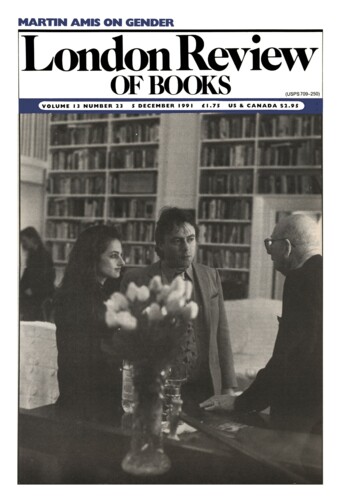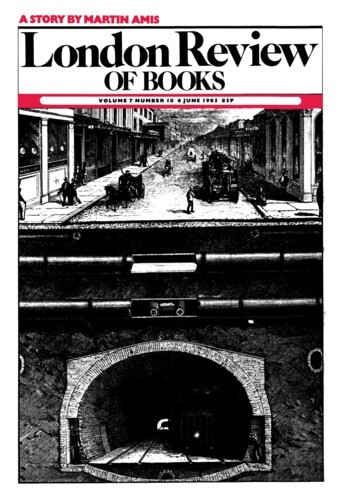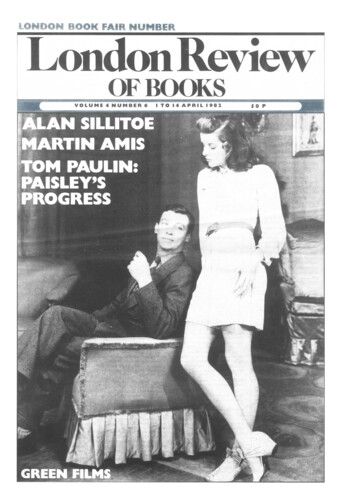Bujak? Yeah, I knew him. The whole street knew Bujak. I knew him before and I knew him after. We all knew Bujak – sixty years old, hugely slabbed and seized with muscle and tendon, smiling at a bonfire in the yard, carrying desks and sofas on his back, lifting a tea-chest full of books with one hand. Bujak, the strongman. He was also a dreamer, a reader, a babbler … You slept a lot sounder knowing that Bujak was on your street. This was 1980. I was living in London, West London, carnival country, what the police there call the front line. Dr Alimantado, Sons of Thunder, Race War, No Future: dry thatched dreadlocks, the scarred girls in the steeped pubs. Those black guys, they talked like combative drunks, all the time. If I went up to Manchester to stay with my girlfriend, I always left a key with Bujak. Those hands of his, as hard as coal, the nails quite square and symmetrical, like his teeth. And the forearms, the Popeye forearms, hefty and tattoo-smudged and brutal, weapons of monstrous power. Large as he was, the energies seemed impacted in him, as though he were the essence of an even bigger man; he stood for solidity. I am as tall as Bujak, but half his weight. No, less. Bujak once told me that to create a man out of nothing would require the equivalent energy of a thousand-megaton explosion. Looking at Bujak, you could believe this. As for me, well, a single stick of TNT might do the job – a hand-grenade, a firecracker. In his physical dealings with me (you know, the way someone moves across a room toward you, this can be a physical event) he showed the tender condescension that the big man shows to the small. Probably he was like that with everyone. He was protective. And then, to good Bujak, thoughtful, grinning Bujak, the worst thing happened. A personal holocaust. In the days that followed I saw and felt all of Bujak’s violence.’
Bujak? Yeah, I knew him. The whole street knew Bujak. I knew him before and I knew him after. We all knew Bujak – sixty years old, hugely slabbed and seized with muscle and tendon,...





